Perfect for students with a passion for knowledge and diverse interests, a master’s in liberal arts degree represents a fulfilling educational path that can provide opportunities in numerous professions. This degree sharpens critical thinking and analytical skills and improves communication, preparing graduates for several roles.Its versatile nature makes this degree ideal for positions such as instructor of philosophy, with a median salary of $79,930; technical writer, earning a median salary of $80,050; and education administrator, with a median salary of $102,610.
Typically, completing this degree takes 18 months to two years with full-time study — although many programs offer part-time enrollment options for working professionals. With an average tuition cost of $19,749, pursuing a master’s in liberal arts is an investment in a career that values intellectual versatility.
Why Trust Us
The Intelligent.com Higher Education Team is dedicated to providing students with independent, equitable school and program rankings and well-researched resources. Our expert-driven articles cover topics related to online colleges and programs, paying for school, and career outlooks. We use data from the U.S. Department of Education’s College Scorecard, the National Center for Education Statistics, and other reputable educational and professional organizations. Our academic advisory team reviews content and verifies accuracy throughout the year for the most current information. Partnerships do not influence rankings or editorial decisions.
- Analyzed over 2,000 national, accredited, and nonprofit colleges and universities
- 800+ rankings pages are reviewed and updated yearly
- Content is informed by reputable sources, surveys, and interviews with academic advisors and other experts
- Over 100 data points are reviewed for accuracy and quality throughout the year, including sources
How we rank schools
Our list features the best Liberal Arts degree programs at top colleges nationwide. Each school featured is a nonprofit, accredited institution — either public or private — with a high standard of academic quality for post-secondary institutions.
We evaluated each school’s program on tuition costs, admission, retention and graduation rates, faculty, reputation, and the student resources provided for online students. We collected data from trusted sources like the National Center for Education Statistics, individual school and program websites, school admissions counselors, and other data sources. Then, we calculated the Intelligent Score on a scale of 0 to 100 based on the following criterion:
Academic Quality:
- Admission rate versus enrollment rate
- Retention rate of students who return after year one
- Accreditation status (regional and programmatic)
- Nonprofit status, both private and public institutions
Graduation Rate
- Overall graduation rate
- Total number of currently enrolled students, including diversity metrics
- Student-to-faculty ratio
Cost and ROI
- In-state and out-of-state per-credit tuition rates and fees
- Required credits to graduate
- Earning potential after graduation
- Availability of federal student loans, scholarships, and other financial aid options
Student Resources
- Available student services for online-only and hybrid programs
- On-campus amenities like tutoring centers and the number of libraries
Read more about our ranking methodology.
Best 29 Accredited Master’s in Liberal Arts Programs
FiltersInstitution Type
Status
- Intelligent Score
- Alphabetically By University Name
- Acceptance Rate
- Enrollment
- In-state Graduate Tuition
- Out-of-state Graduate Tuition
- In-state Undergraduate Tuition
- Out-of-state Undergraduate Tuition

Johns Hopkins University
Intelligent Score: 99.98In-state: $54,160
Out-of-state: $54,160
In-state: $57,010
Out-of-state: $57,010
SAT: 1470-1560
ACT: 34-36
$1,167
On-Campus, Online, Hybrid
Middle States Commission on Higher Education
30
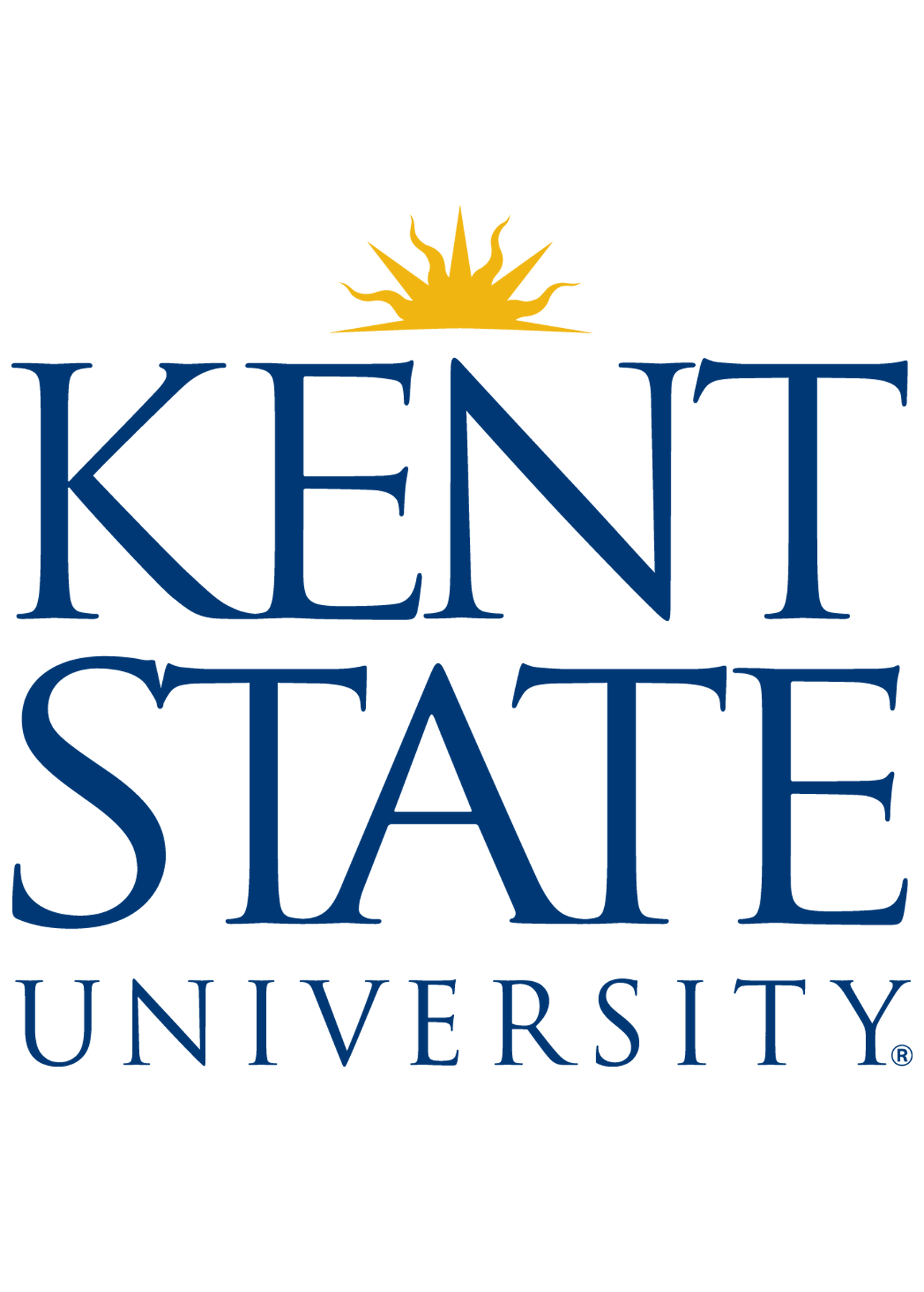
Kent State University
Intelligent Score: 98.63In-state: $10,810
Out-of-state: $19,686
In-state: $11,766
Out-of-state: $11,766
SAT: 1020-1210
ACT: 20-26
Resident: $572
Non-Resident: $1,066
On-Campus, Online
Higher Learning Commission
30
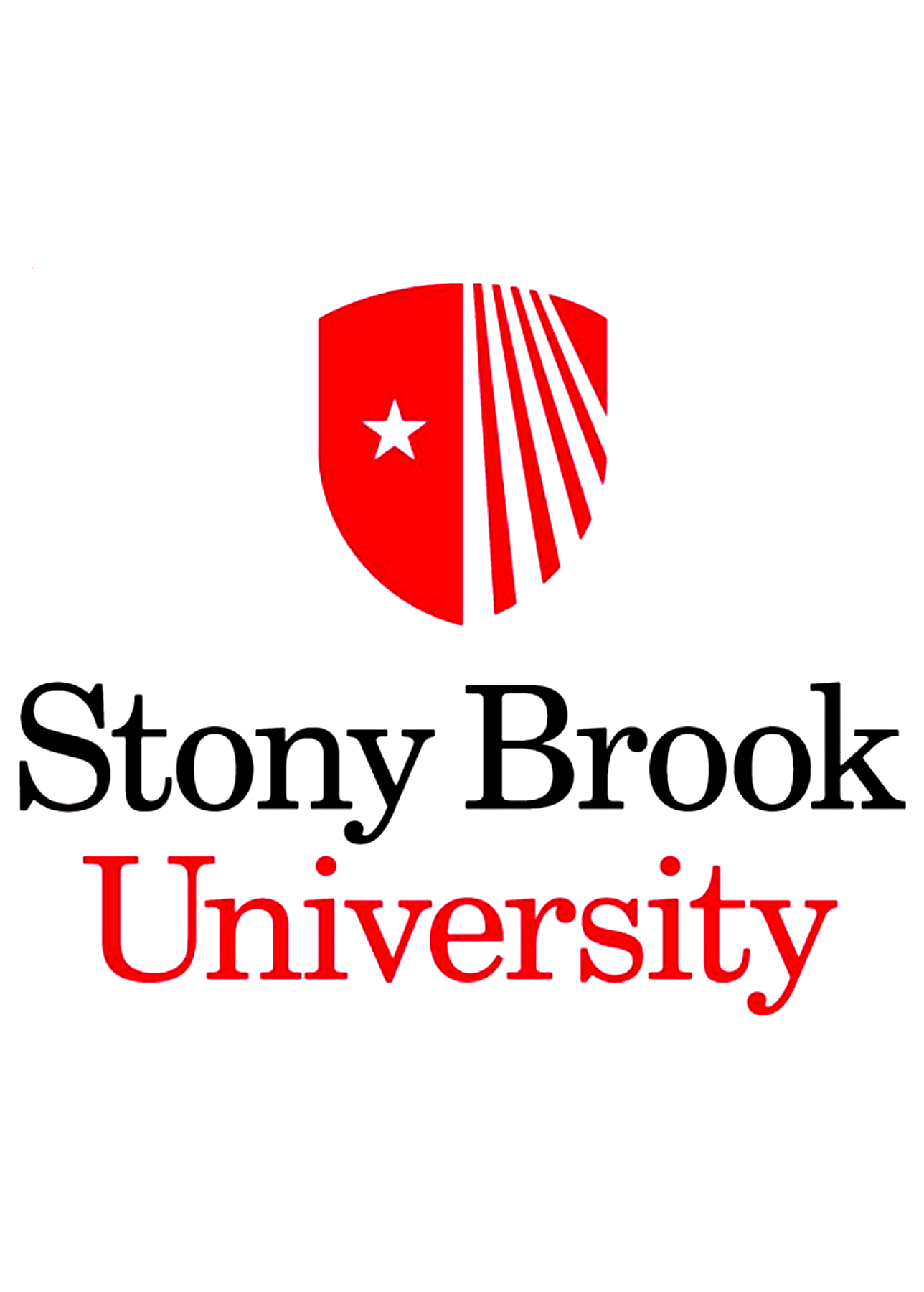
Stony Brook University
Intelligent Score: 98.57In-state: $7,070
Out-of-state: $24,740
In-state: $11,310
Out-of-state: $11,310
SAT: 1230-1440
ACT: 26-32
Resident: $471
Non-Resident: $1,020
On-Campus, Online
Middle States Commission on Higher Education
33

Fort Hays State University
Intelligent Score: 95.90In-state: $4,140
Out-of-state: $14,580
In-state: $3,726
Out-of-state: $3,726
SAT: N/A
ACT: N/A
Resident: $261
Non-Resident: $670
On-Campus, Online
Higher Learning Commission
31

Arizona State University
Intelligent Score: 94.76In-state: $10,710
Out-of-state: $28,800
In-state: $11,720
Out-of-state: $11,720
SAT: 1100-1320
ACT: 21-28
Resident: $897
Non-Resident: $1,472
On-Campus, Online
Higher Learning Commission
30
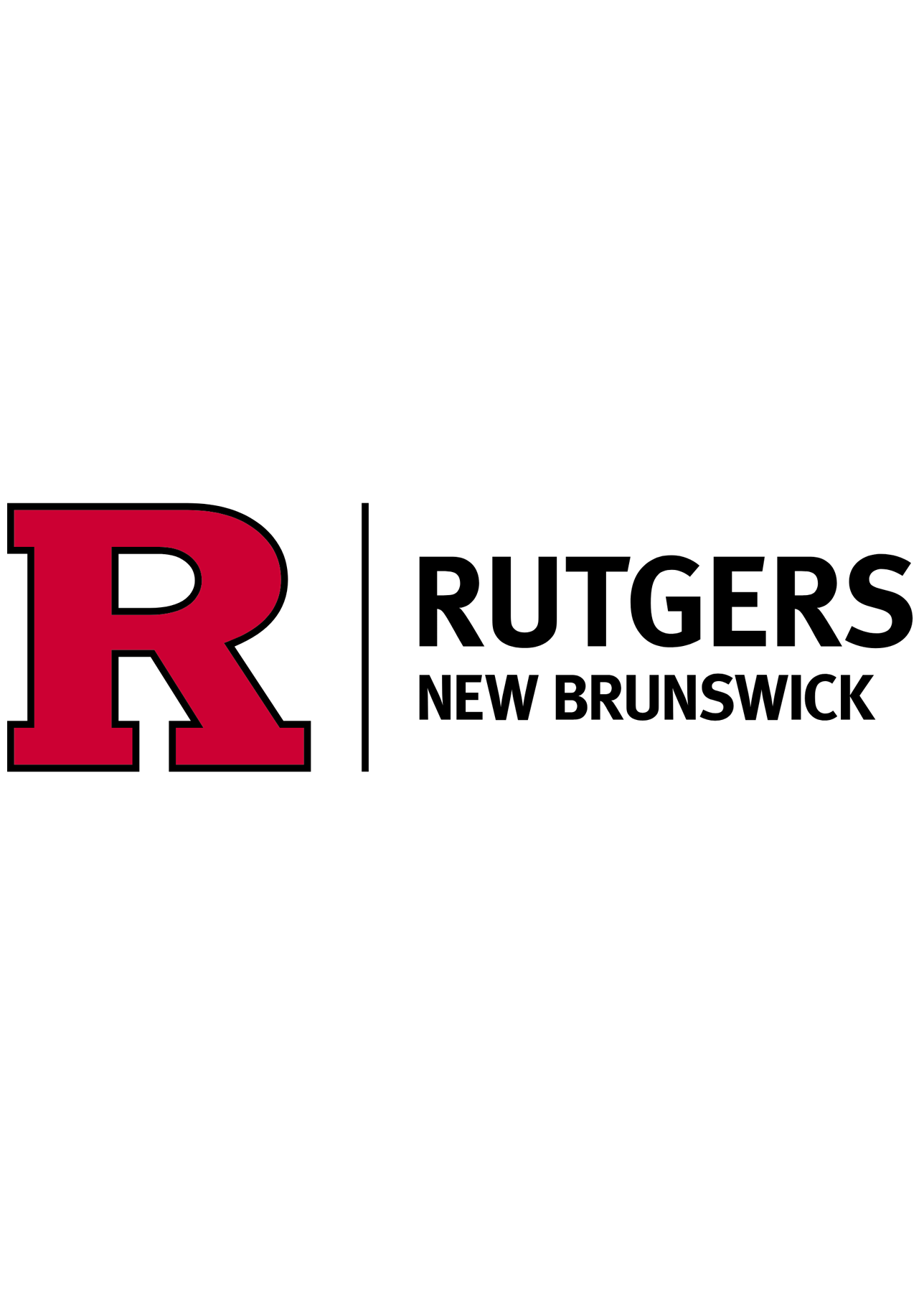
Rutgers University
Intelligent Score: 90.78In-state: $12,230
Out-of-state: $29,012
In-state: $17,736
Out-of-state: $17,736
SAT: 1180-1410
ACT: 25-32
Resident: $826
Non-Resident: $1,361
On-Campus, Online
Middle States Commission on Higher Education
30
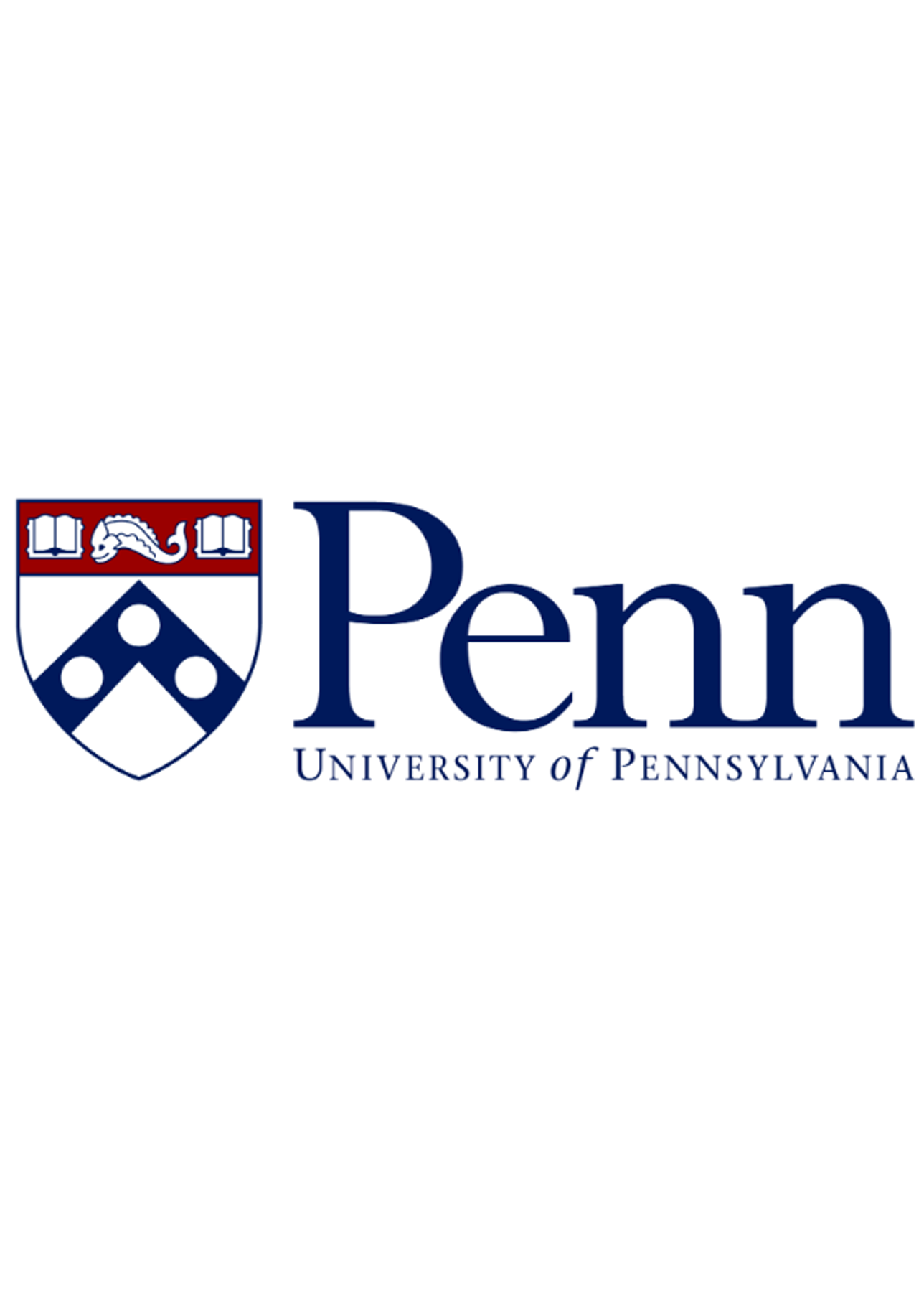
University of Pennsylvania
Intelligent Score: 89.72In-state: $53,166
Out-of-state: $53,166
In-state: $37,678
Out-of-state: $37,678
SAT: 1460-1570
ACT: 33-35
$1,300
On-Campus, Online
Middle States Commission on Higher Education
36
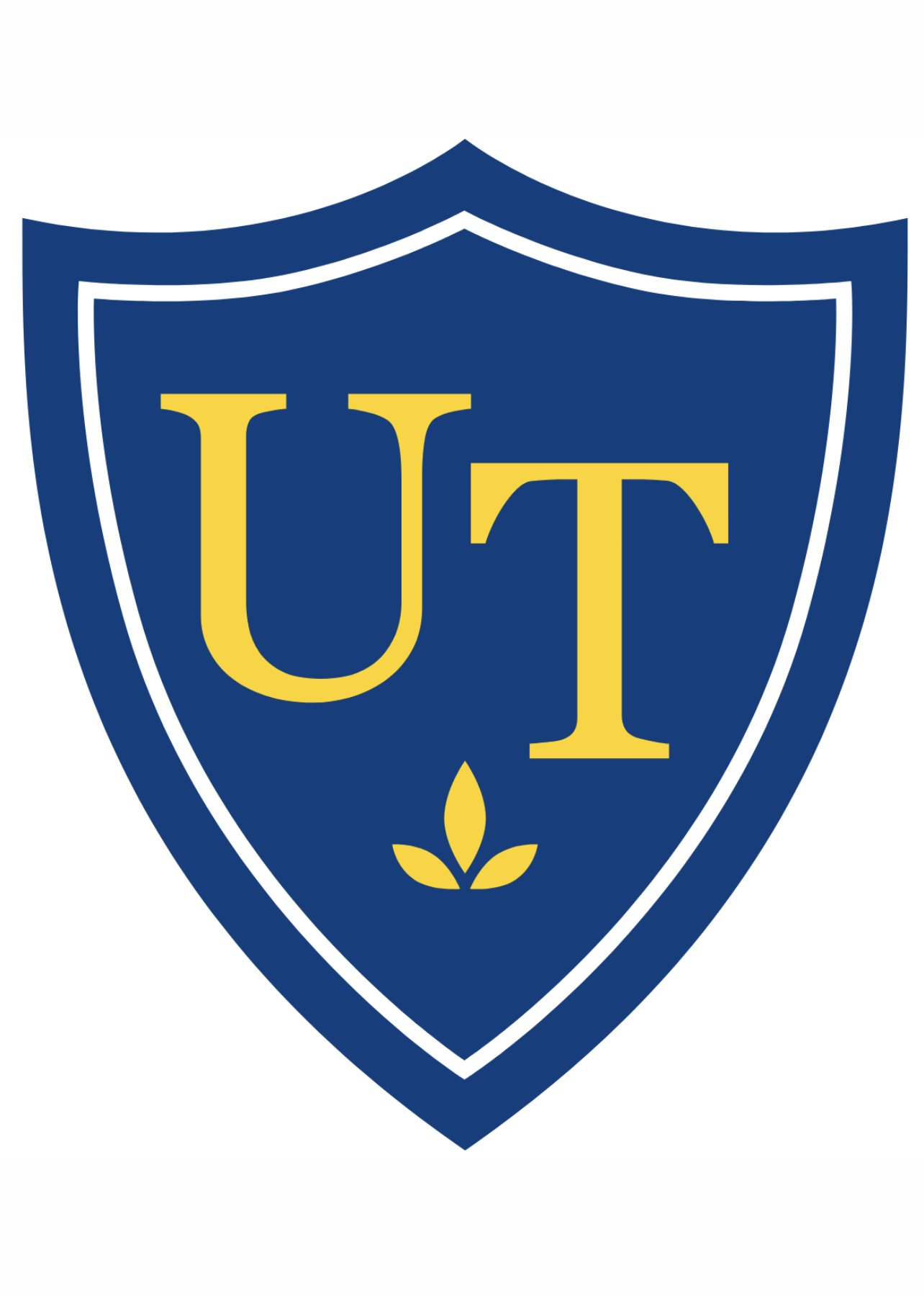
The University of Toledo
Intelligent Score: 89.37In-state: $8,736
Out-of-state: $18,096
In-state: $14,398
Out-of-state: $14,398
SAT: 985-1210
ACT: 20-26
Resident: $640
Non-Resident: $1,123
Online, Hybrid
Higher Learning Commission
33
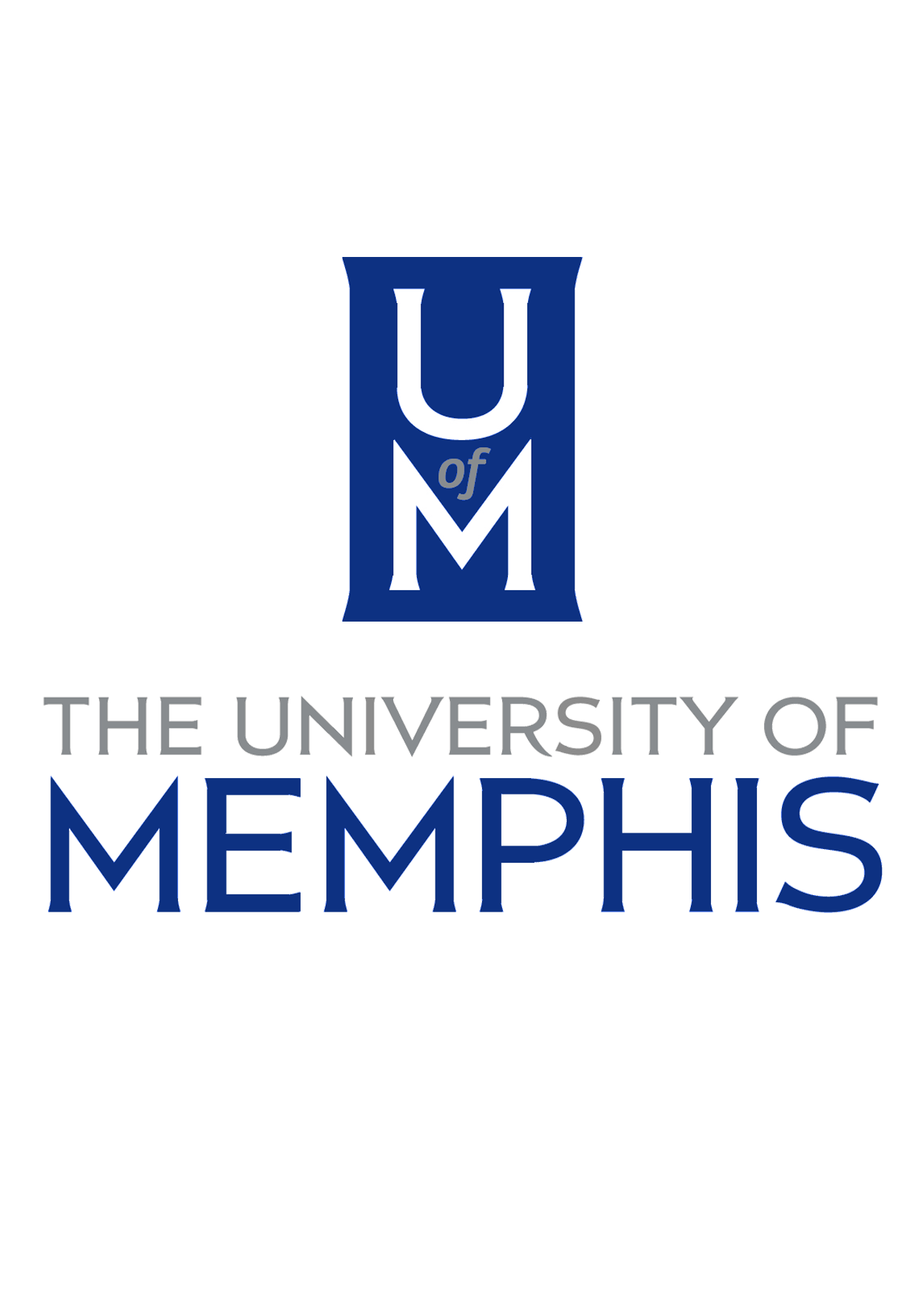
The University of Memphis
Intelligent Score: 89.24In-state: $8,208
Out-of-state: $12,048
In-state: $9,216
Out-of-state: $9,216
SAT: 990-1200
ACT: 19-26
Resident: $532
Non-Resident: $755
On-Campus, Online
Southern Association of Colleges and Schools Commission on Colleges
33

Georgetown University
Intelligent Score: 87.35In-state: $57,384
Out-of-state: $57,384
In-state: $53,136
Out-of-state: $53,136
SAT: 1380-1550
ACT: 31-35
$1,208
On-Campus
Middle States Commission on Higher Education
30

SUNY Brockport
Intelligent Score: 87.06In-state: $7,070
Out-of-state: $16,980
In-state: $11,310
Out-of-state: $11,310
SAT: 860-1060
ACT: N/A
Resident: $942
Non-Resident: $1,130
On-Campus, Online
Middle States Commission on Higher Education
30
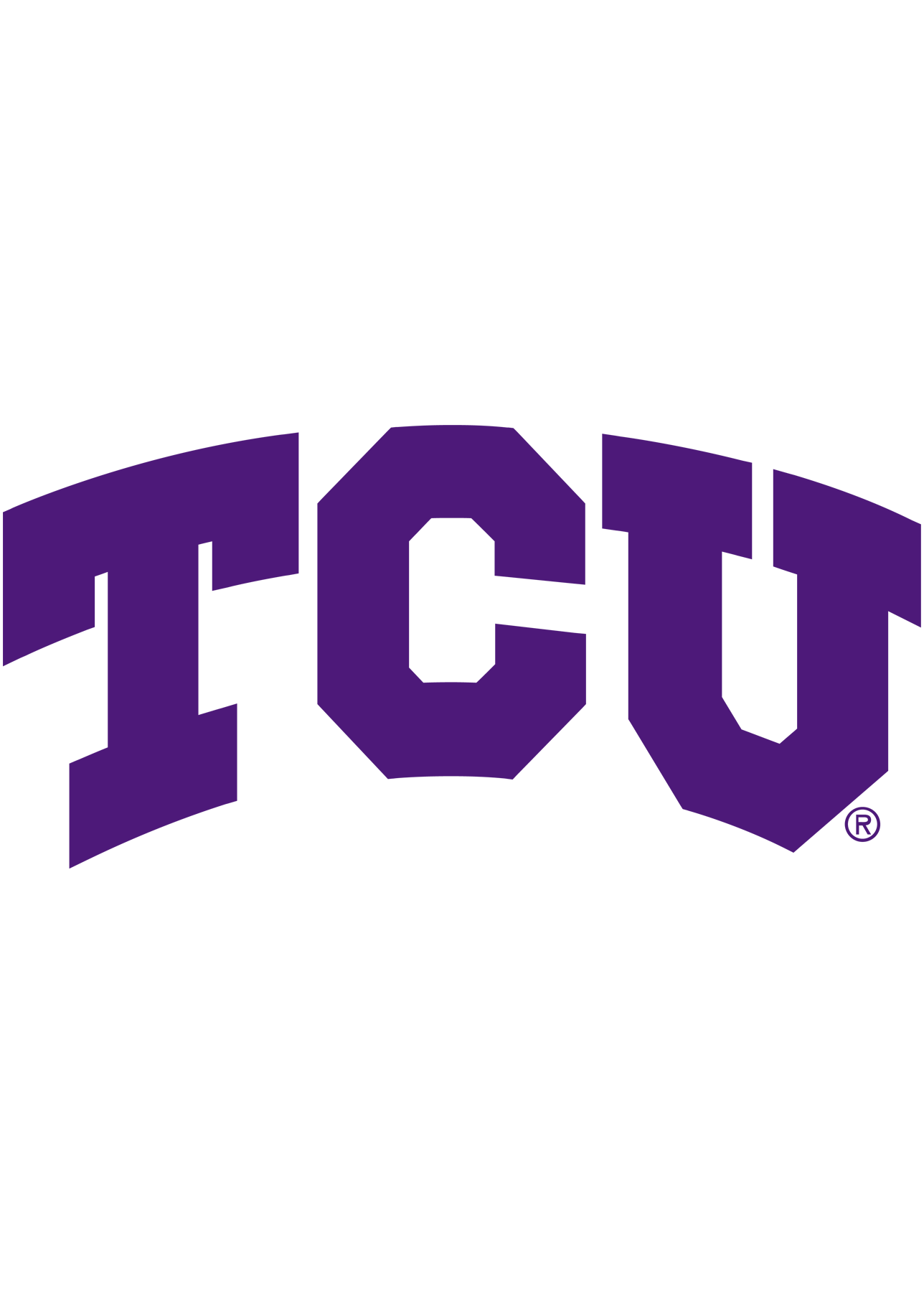
Texas Christian University
Intelligent Score: 86.70In-state: $51,570
Out-of-state: $51,570
In-state: $32,220
Out-of-state: $32,220
SAT: 1110-1320
ACT: 25-31
$1,235
On-Campus
Southern Association of Colleges and Schools Commission on Colleges
30

Northwestern University
Intelligent Score: 85.54In-state: $58,227
Out-of-state: $58,227
In-state: $56,067
Out-of-state: $56,067
SAT: 1430-1550
ACT: 33-35
$888
On-Campus, Hybrid
Higher Learning Commission
36

Stanford University
Intelligent Score: 85.34In-state: $55,473
Out-of-state: $55,473
In-state: $54,315
Out-of-state: $54,315
SAT: 1420-1570
ACT: 31-35
$990
On-Campus
Western Association of Schools and Colleges Senior College and University Commission
33

University of Michigan-Flint
Intelligent Score: 85.16In-state: $16,520
Out-of-state: $53,669
In-state: $24,344
Out-of-state: $24,344
SAT: 1340-1520
ACT: 31-34
In-State: $744
Out-of-State: $1,113
On-Campus, Online
Higher Learning Commission
30

NC State University
Intelligent Score: 85.06In-state: $6,535
Out-of-state: $26,654
In-state: $9,095
Out-of-state: $9,095
SAT: 1230-1410
ACT: 27-32
Resident: $526
Non-Resident: $1,635
On-Campus
Southern Association of Colleges and Schools Commission on Colleges
30
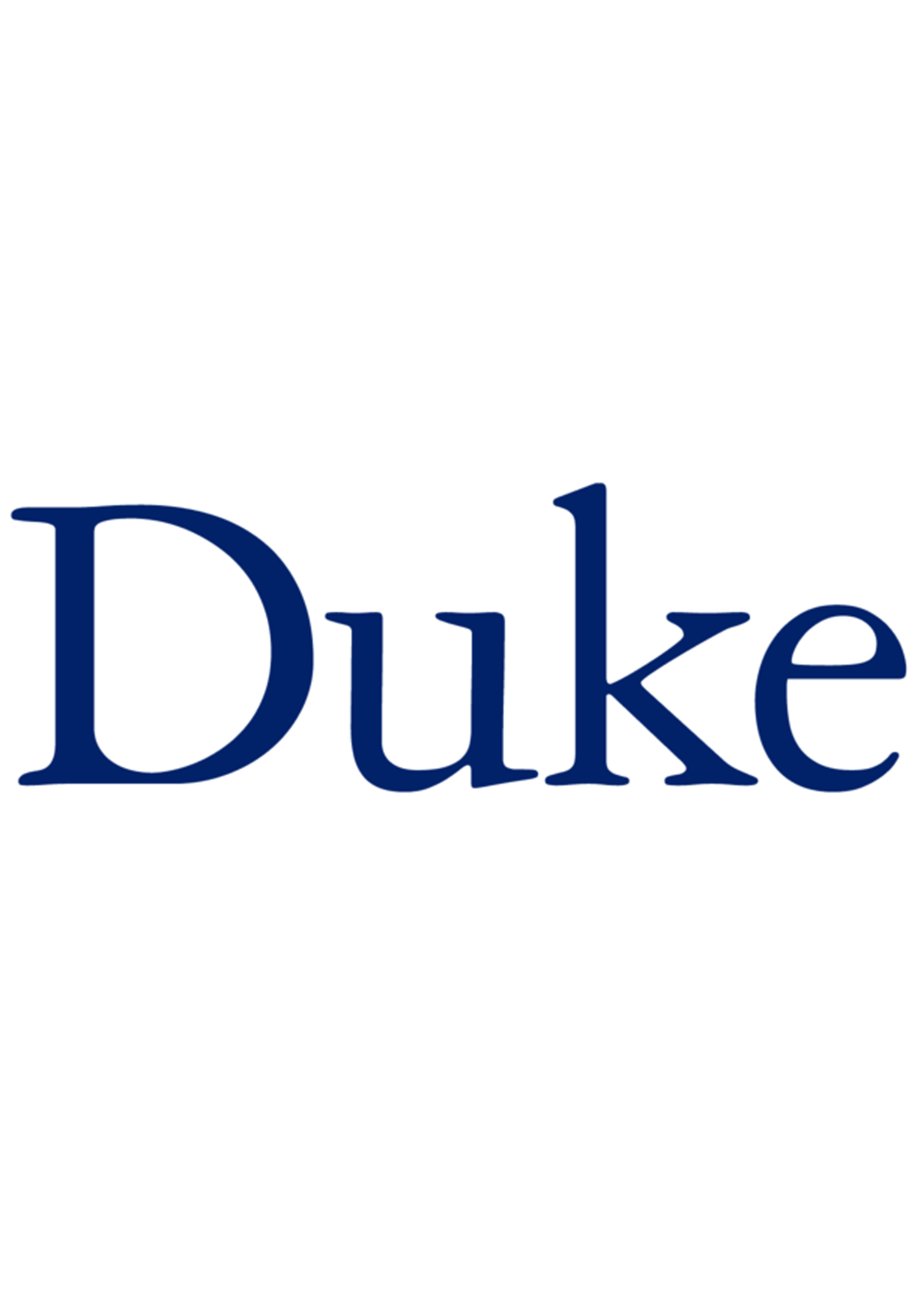
Duke University
Intelligent Score: 83.84In-state: $55,880
Out-of-state: $55,880
In-state: $57,900
Out-of-state: $57,900
SAT: 1470-1570
ACT: 34-35
$1,436
On-Campus
Southern Association of Colleges and Schools Commission on Colleges
30
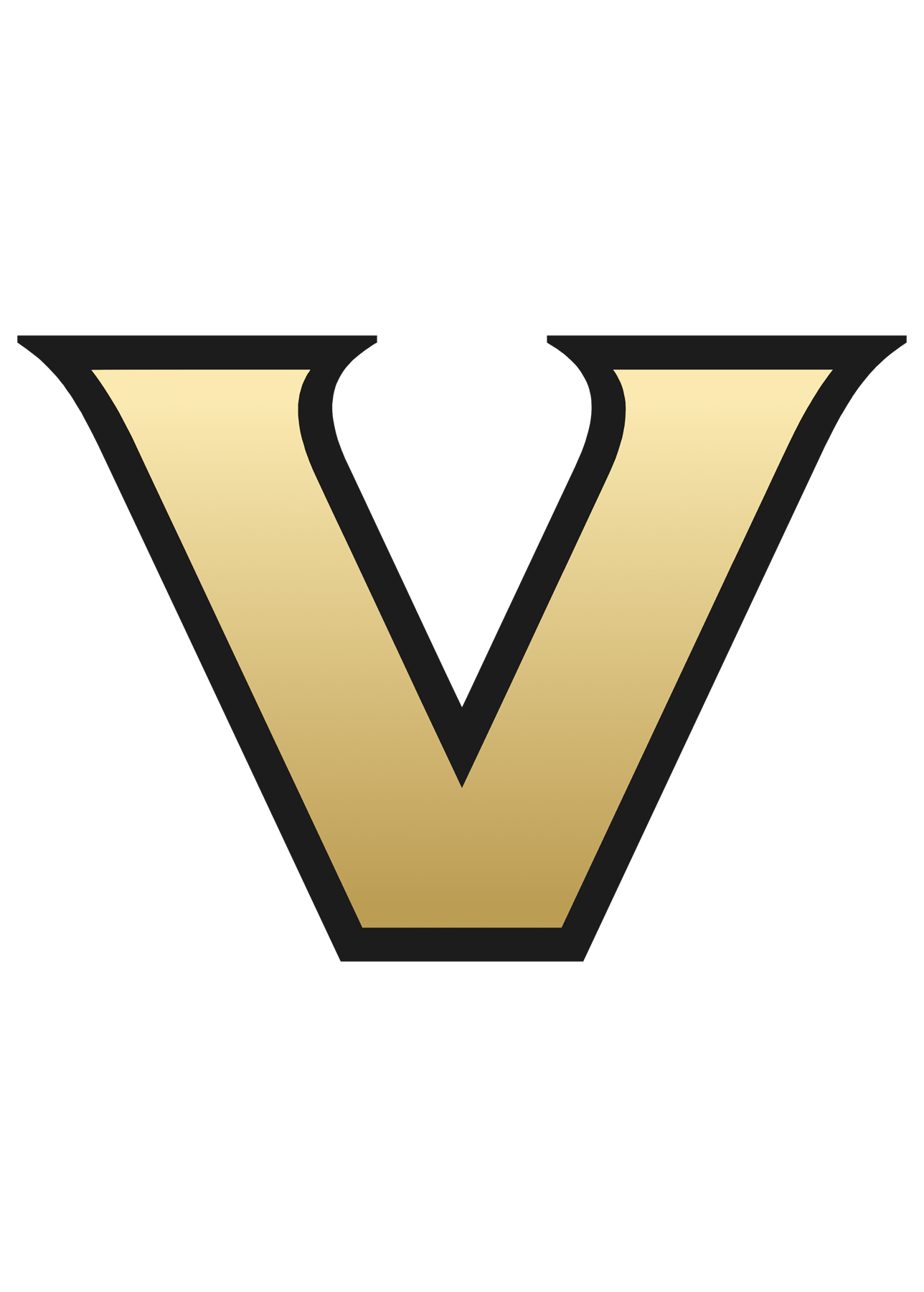
Vanderbilt University
Intelligent Score: 83.73In-state: $52,781
Out-of-state: $52,781
In-state: $50,082
Out-of-state: $50,082
SAT: 1470-1570
ACT: 33-35
$1,140
On-Campus
Southern Association of Colleges and Schools Commission on Colleges
30
How to Choose a Master’s in Liberal Arts Program
Choose your area of study
With a degree as inherently versatile as a master’s in liberal arts, choosing an area of study is essential. Specializing will allow you to customize your education to your interests and career goals, helping you make the most of your academic career.
For instance, focusing on cultural studies will suit those seeking careers in multicultural organizations or international relations. Literary studies is ideal for future writers or educators, enriching their understanding and analytical skills. Meanwhile, a concentration in philosophy could benefit future ethicists or academics, fostering significant analytical and critical thinking skills.
Research schools and programs
Now that you have a specialization in mind, you can begin researching schools and programs that support your interests. You may come into this process with questions of your own, but here are a few you can use to help focus your research:
- What specializations does the program offer?
- How do the program’s curriculum and faculty align with my career goals?
- What networking and internship opportunities are available?
- Does a recognized accrediting body accredit the program?
You can usually find most of this information on the program’s website, but many students benefit from attending an information session or speaking with an admissions counselor.
Prepare for tests and applications
Preparing for graduate school applications effectively requires two things: early organization and attention to detail. Begin by gathering recommendation letters and transcripts well in advance, as these can take time to collect. Then, allocate ample time to writing your personal statement and focus on illustrating your goals and qualifications for each program.
Since some programs may require GRE scores while others may have moved to test-optional policies, verify this early on. Consider enrolling in a test prep program to improve your performance if needed.
Select your program
The arrival of acceptance letters is always an exciting time, but it can quickly become overwhelming if you receive more than one. After all, how can you be sure you choose the right one? Fortunately, you can make this decision significantly easier by revisiting your initial research criteria. Focus on what matters most in your education — such as specialization availability, the faculty you’ll learn from, and the program’s structure.
It’s also an excellent time to reassess each school’s total tuition costs and compare these against any offered financial aid. This helps gauge the investment required and ensures that your selected program aligns closely with your academic goals and economic realities.
Determine how you’ll pay for your degree
With appropriate planning, you can successfully pay for your degree without going into debt. This may include researching scholarships, as these do not require repayment and can significantly reduce education costs. Don’t forget grants; although these are more common for undergraduates, some may also be available for graduate students.
If you’re seeking part-time employment, consider applying for assistantships, which usually provide tuition waivers or stipends in exchange for research or teaching responsibilities. For those who are currently employed, ask your employer about tuition reimbursement programs, especially if your degree aligns with your job.
Lastly, federal loans can bridge any remaining financial gaps, offering relatively low interest rates and flexible repayment plans.
What Can You Expect From a Master’s in Liberal Arts Program?
A master’s in liberal arts offers a broad, interdisciplinary education that fosters critical thinking, communication, and analytical skills. As a student, you’ll explore subjects ranging from literature and philosophy to social sciences and history, gaining a versatile knowledge base.
This degree covers various disciplines, preparing you for career paths in education, writing, public service, and beyond. Its generalist nature means you can customize your studies to your interests while preparing for various professional opportunities.
These degrees take 18 months to two years to complete and traditionally culminate in a thesis, demonstrating mastery of a specific topic.
Potential courses you’ll take in a master’s in liberal arts program
- Comparative Literature: In this course, students explore texts from several cultures and historical periods, examining themes, narratives, and literary techniques across literary traditions. This analysis helps develop a more significant understanding of how literature reflects and shapes the human experience across different societies.
- Cultural Anthropology: Through this course, students investigate human cultures, social structures, and their evolution. It includes fieldwork methods and theoretical approaches to understanding how societies develop and function, providing students with tools to analyze cultural differences and similarities.
- Ethics and Leadership: This course focuses on moral philosophy and ethical decision-making in leadership roles. It encourages students to examine case studies from business, politics, and public administration. Participants learn to apply ethical theories to real-world situations, improving their ability to lead responsibly.
- Political Theory: This course analyzes political theories and ideas from the Enlightenment to today. Students assess the works of key thinkers and the historical context of their ideas, gaining insight into the evolution of political ideologies and their impact on contemporary political systems.
Master’s in Liberal Arts Degree Frequently Asked Questions
How do I apply to a master's in liberal arts degree program?
While specific requirements can vary by institution due to the program’s versatility, many of these admissions processes share similar criteria. Generally, you’ll need to provide:
- Official transcripts from all undergraduate institutions attended
- Letters of recommendation
- A statement of purpose
- GRE scores, if required
Given the diversity in program specifics, it’s crucial to consult an admissions counselor before applying. They can offer advice and insights, ensuring your application is aligned with your chosen program’s specific requirements and expectations.
How much does a master's in liberal arts degree cost?
The cost of a master’s in liberal arts degree varies depending on the school you attend, with the average graduate tuition being $19,749 for the 2020-2021 academic year.
Besides tuition, you should also budget for additional expenses not typically covered by tuition fees. Depending on your situation, these can include commuting costs, housing, textbooks, and course materials. It’s important to factor in these costs when planning your budget, as they can add up over time and significantly impact the overall cost of your degree.
How long does it take to earn a master's in liberal arts degree?
Earning this degree typically takes 18 months to two years for full-time students, while part-time students may need three to four years, depending on their course load. Even with these figures in mind, completion timelines can vary significantly by institution due to differences in total required credits for the degree. Before applying, carefully review each program’s credit requirements, as this can significantly influence the duration of your studies.

